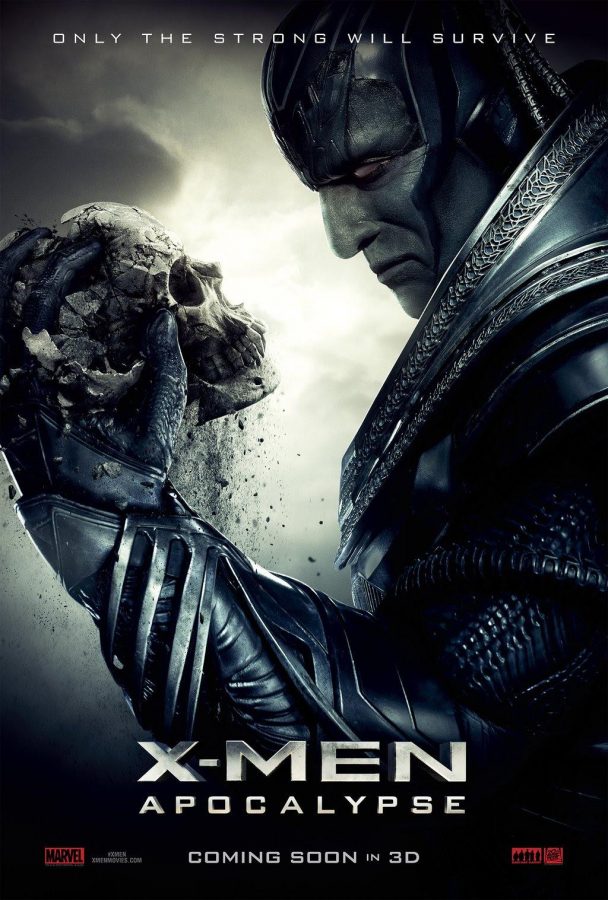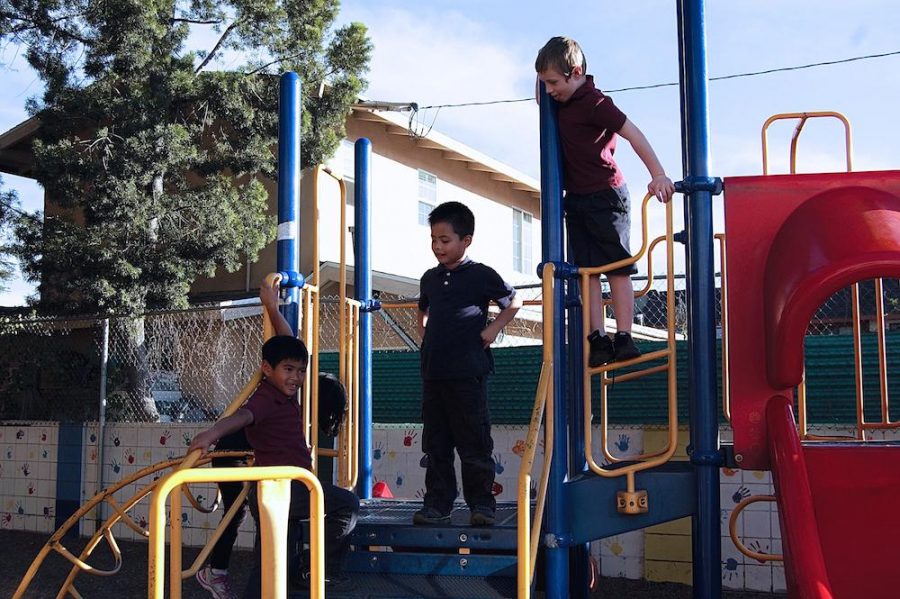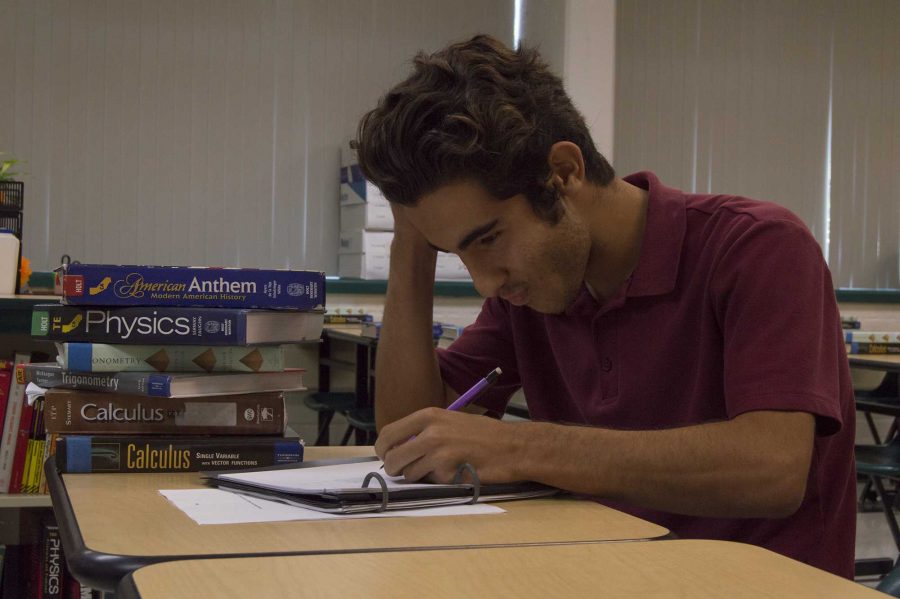(Sept. 29, 2010) — In mid-August, President Obama made a statement addressing the end of the seven-year combat mission in Iraq known as “Operation Iraqi Freedom.” He confirmed that roughly 50,000 troops will be staying through to next summer. In his statement, Obama praised the troops for their sacrifices over the years, but also expressed the idea that engagement in war had been a mistake. He said that the U.S. has fulfilled its duties to Iraq, and expended “vast resources abroad at a time of tight budgets at home.” “We cannot do for Afghans what they must ultimately do for themselves,” he said. Though Obama has vowed to remain active in the fight against Al Qaeda, he said that “Iraqi people now have lead responsibility for the security of their country.” Junior Elijah Lopez approves of the U.S.’s decision to leave Iraq and start working more avidly on situations in the U.S. “It’s about time Obama withdrew our troops,” he said. “Thousands have died already; let [the Iraqis] fight their own war.” Lopez is just one of the many people eager to see their troops come home. He awaits the return of his older brother, Edmundo, who has been in the Middle East since 2002 as part of an emergency unit. Lopez’s brother is a part of the “advise and assist” groups that will help to develop the government and train armed forces in Iraq and Afghanistan. Some will oversee the protection of American personnel and facilities, and manage counterterrorism operations. These units will stay put until the end of 2011, under an agreement between officials in the Middle East and the U.S. “It’s depressing having to wait for him to come home,” Lopez said. “I’m always wondering, ‘What if something bad happens to him?’” Stress disorders and changes in attitude have become apparent in those coming back from war. According to a report in the New York Times, suicides, crime and mental problems frequently arise after deployment ends. Junior Bryan Salvador has missed his brother who was deployed to several bases, including Fort Knox. He said that though his brother does not suffer from any severe stress disorders, he does seem to have been affected by his experiences. “My brother takes things very seriously, more than before he left,” he says. In an article featured on UConn Today, Clark graduate Joel Angle said that he “always [felt] separate from everyone.” He had grown accustomed to the ways of the Army and came across many challenges after starting classes at UConn. Other soldiers are coming back from combat seemingly unchanged, for the most part. “[My brother’s] still the same, cheerful, peacekeeping guy,” Lopez said, “but he’s more aware of his surroundings.” Though he usually seems fine, Edmundo Lopez does, on occasion, suffer from flashbacks at night, according to Elijah. He tells of a time when he witnessed one of his brother’s episodes: “He woke up in the middle of the night and thought he heard an explosion. He started running for his gun, but eventually realized he was at home.” According to the New York Times, bases across the country have begun to expand their mental health staffs in order to accommodate the returning soldiers and help keep mental conditions and situations under control. “I, for one, think it’s great that the troops are coming back,” Salvador says, “and I believe we should do a little bit of both — focus on helping out Iraq as well as our own country.” http://today.uconn.edu/?p=20468&utm_source=feedburner&utm_medium=feed&utm_campaign=Feed%3A+uconn-today+%28UConn+Today
Categories:
Brothers are reunited as troops return from Iraq
September 29, 2010
More to Discover








